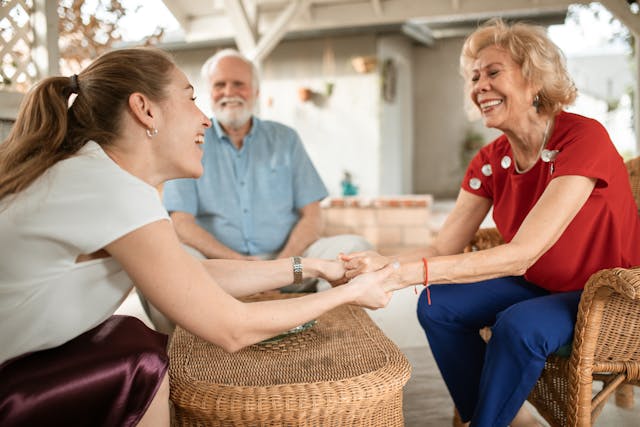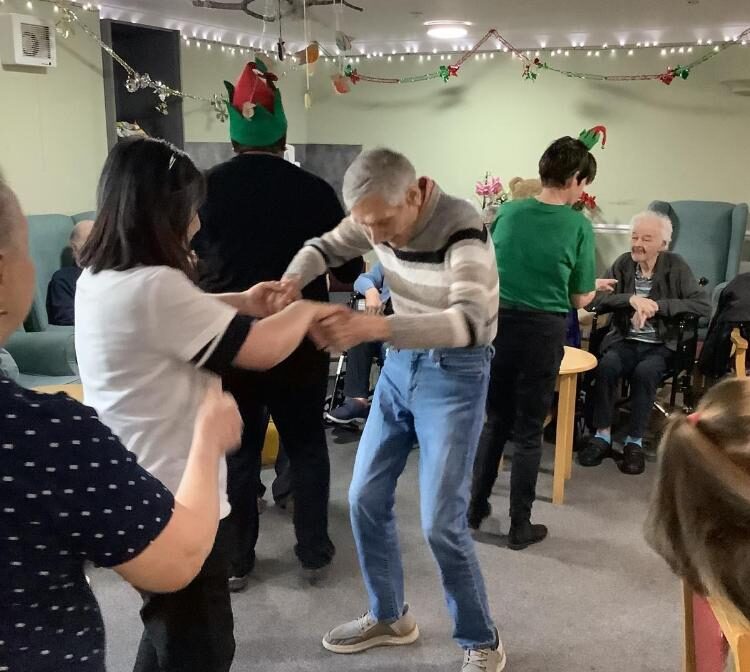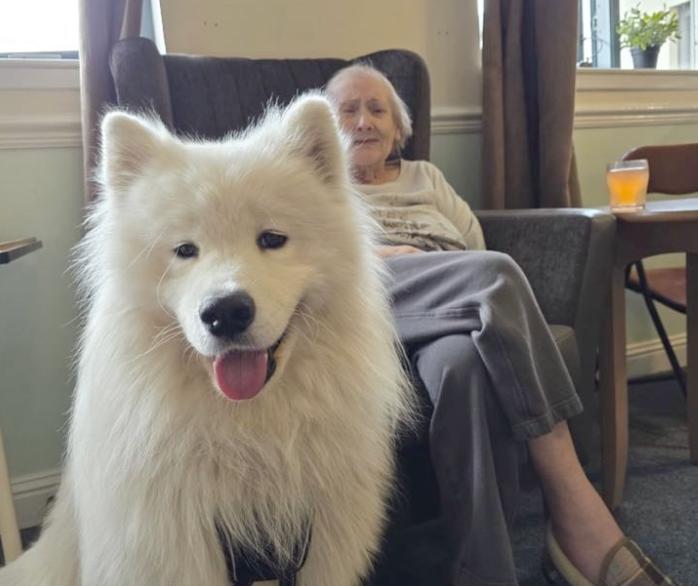The Importance of Wellbeing Coordinators In Scottish Homes
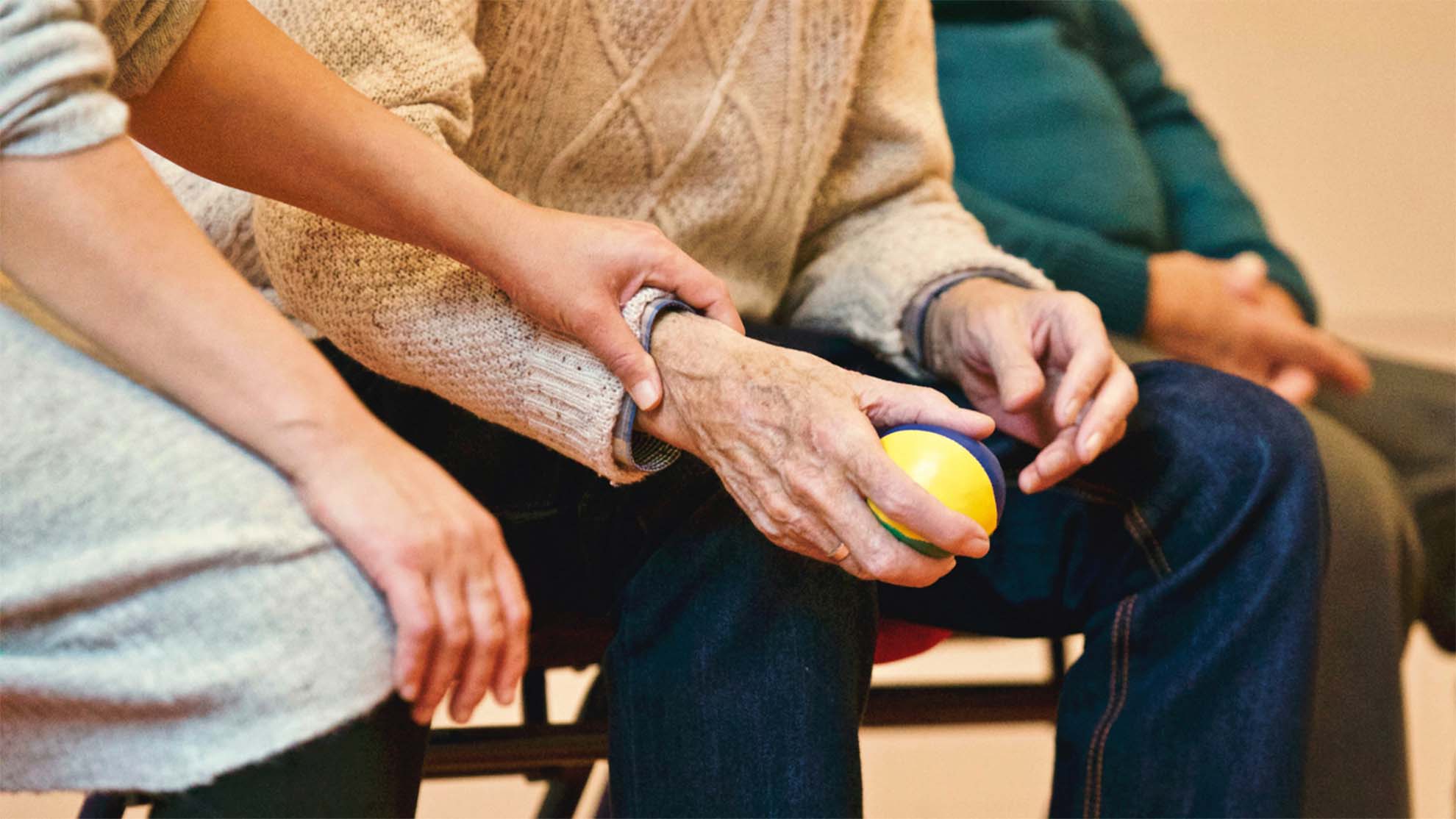
When selecting a care home for yourself or a loved one in Scotland, families often prioritise medical support, comfortable accommodation, and safe surroundings. However, one vital element frequently overlooked is the role of dedicated wellbeing coordinators who enhance everyday life beyond clinical care. At Guthrie House Care Home, wellbeing coordinators form the heart of our approach, ensuring residents enjoy fulfilling, meaningful, and joyful experiences tailored to Scottish lifestyles and regulations.
These professionals focus on holistic support, addressing social, emotional, physical, and mental needs in line with Care Inspectorate standards. By organising engaging programmes, they help combat isolation common among older adults, fostering a sense of community and purpose. This blog explores their critical contributions, from daily activities to community connections, highlighting why they prove indispensable in modern Scottish care homes.
Defining The Wellbeing Coordinator Role
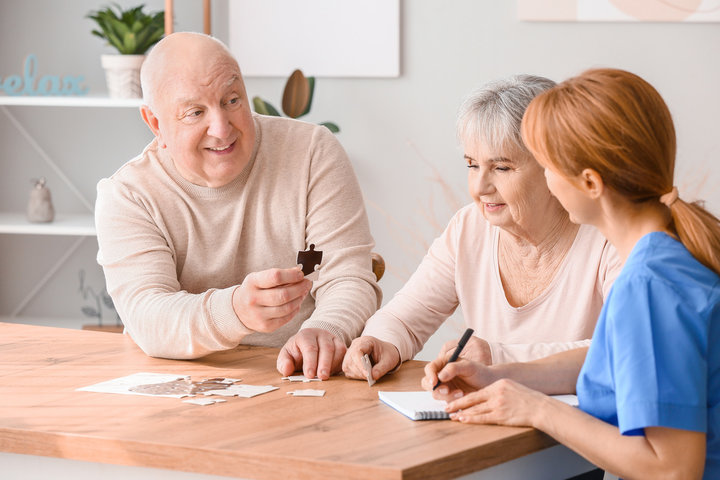
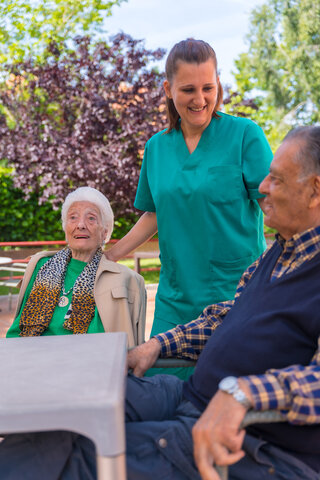
Wellbeing coordinators, sometimes known as activity coordinators, concentrate on elevating residents' overall quality of life rather than medical tasks handled by nurses or therapists. They plan and deliver person-centred programmes that promote engagement, drawing on residents' past interests and current abilities to create stimulating daily routines. In Scottish care homes, this role aligns with national emphasis on dignity and independence, ensuring activities reflect cultural traditions like ceilidhs or storytelling sessions.
Core responsibilities include assessing individual preferences through one-to-one conversations, developing monthly plans, and adapting sessions for diverse needs, such as those with dementia or mobility challenges. They maintain detailed records of participation, collaborating with care teams to integrate wellbeing into personalised care plans as required by Scottish health guidelines.
Effective coordinators possess creativity, empathy, and strong communication skills to engage reluctant participants and liaise with families. Continuous professional development keeps them updated on best practices, including trauma-informed care prevalent in Scotland's person-centred model. Their presence transforms care homes from mere residences into vibrant communities where residents thrive holistically.
Supporting Physical Wellbeing
Physical activity remains crucial for older adults, particularly those with limitations, and wellbeing coordinators design inclusive programmes to maintain strength and mobility. Gentle exercises like seated yoga, garden walks, or ball games suit varying fitness levels, often incorporating Scottish elements such as Highland dancing adaptations. These sessions improve balance, flexibility, and circulation, reducing fall risks in line with public health recommendations.
Coordinators collaborate with physiotherapists to customise activities, using aids like resistance bands or hydrotherapy where available. Group participation adds social benefits, encouraging camaraderie during outdoor strolls in nearby parks or indoor fitness classes. Regular movement also boosts appetite and sleep quality, contributing to overall vitality in a care home setting.
By monitoring progress and adjusting intensity, coordinators ensure safety and inclusivity, helping residents retain independence. This focus proves especially valuable in Scotland, where active ageing initiatives emphasise preventive health to ease NHS pressures. Families notice improved energy levels, reinforcing the coordinator's role in comprehensive care.


Promoting Emotional Wellbeing
Emotional health often suffers from isolation in care homes, yet wellbeing coordinators counter this through therapeutic activities like pet therapy, art sessions, and music reminiscence. Tailored to evoke positive memories, such as sharing Burns poetry or Hogmanay sing-alongs, these foster joy and self-expression. Seasonal decorations and celebrations create comfort, strengthening residents' sense of belonging.
Personalised interactions address unique emotional needs, reducing anxiety and depression risks. Coordinators listen actively, validating feelings and connecting residents with peers facing similar experiences. This emotional scaffolding supports mental resilience, vital for those adjusting to care home life.
Outcomes include heightened mood and stronger family bonds, as relatives join events. In Scotland's community-focused care model, these efforts align with emotional wellbeing priorities, ensuring residents feel valued and understood beyond physical support.
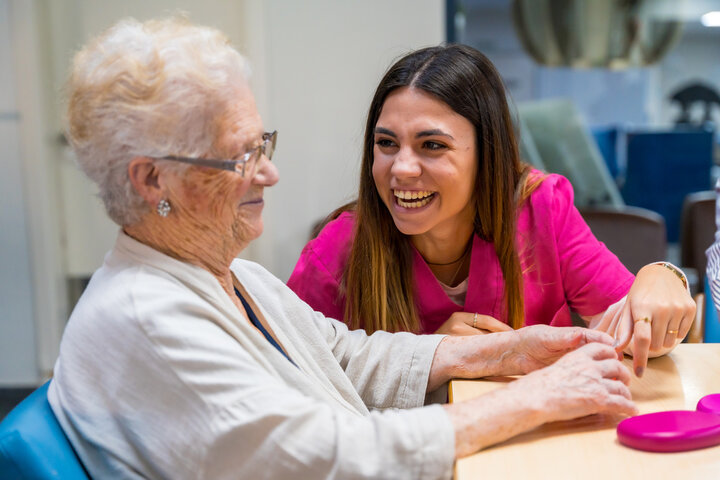

Enhancing Mental Wellbeing & Cognitive Function
Mental stimulation slows cognitive decline, and wellbeing coordinators deliver diverse challenges like quizzes, puzzles, book clubs, and craft workshops suited to all abilities. Dementia-friendly sessions use familiar Scottish themes, such as tartan weaving or history talks, to spark engagement and memory retention. These activities promote laughter, achievement, and neural pathways essential for independence.
Inclusivity ensures that residents with any level of care can participate via sensory tools or simplified games. Coordinators track cognitive responses, informing care plans and celebrating small victories. This approach mirrors Scotland's integrated dementia strategy, enhancing life satisfaction.
Regular mental exercise correlates with lower hospital admissions, benefiting both residents and the health system. Families appreciate seeing loved ones mentally sharp and socially active, underscoring the coordinator's preventive impact.
Social Connections
Social bonds form wellbeing's foundation, with coordinators arranging group events like coffee mornings, film nights, and intergenerational visits from local schools. These build friendships among residents, staff, and families, combating loneliness effectively. Shared experiences, from baking sessions to games afternoons, create lasting relationships.
Coordinators facilitate inclusive dynamics, pairing compatible individuals and encouraging quieter voices. Such interactions elevate mood and purpose, aligning with Scottish care homes' community ethos. Positive feedback loops emerge as engaged residents inspire others.
Family involvement through joint activities reassures relatives, strengthening support networks. This social fabric proves key to high Care Inspectorate ratings, reflecting genuine community living.
Why Families Value Wellbeing Coordinators
Families gain reassurance knowing loved ones receive holistic support, often praising coordinators in reviews for warmth and innovation. Participation invitations strengthen bonds, affirming dignified living.
At Guthrie House Care Home, our coordinators embody this excellence, inviting families to experience our vibrant programmes. Experience the remarkable impact wellbeing coordinators have at Guthrie House Care Home, where personalised programmes bring joy, engagement, and purpose to every day for our Scottish residents. Our compassionate team offers gentle exercise, creative arts, community outings, and tailored emotional support. This ensures each individual flourishes socially, physically, and mentally in full alignment with Care Inspectorate standards.
We invite you to connect with us today by phone, email, or through our website at guthriehousecare.co.uk. Arrange your personalised tour or initial consultation at your convenience. Discover how our person-centred approach provides compassionate, high-quality care that feels like home. Begin the next chapter of care and wellbeing with Guthrie House in 2025 and beyond. Your loved one deserves nothing less and we are here to accommodate for all care types.

